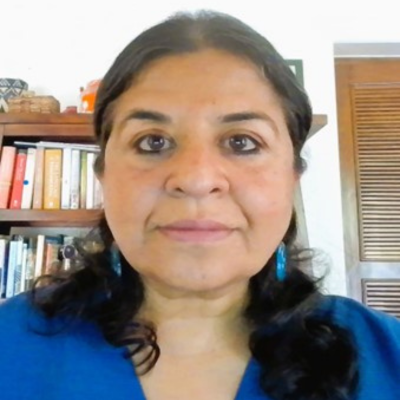Priya Nanda is a global health research and evaluation specialist with expertise and interests that span gender, intersectionality, and understanding approaches to shift right- based practices within complex systems with a focus on gender and structural inequalities. She has worked as a Senior Program Officer with the BMGF, India, and prior to that Portfolio Director for the ICRW's Asia Regional Office in New Delhi, India. She was the Co-Director of the ODI led research consortium on Gender and Adolescence: Global Evidence. She holds a Ph.D. in health economics from the Johns Hopkins University, a MIA from Columbia University and a MA and BA in economics from the University of Delhi. She has an adjunct faculty position with the University of North Carolina, Department of Maternal and Child Health. She is a member of the Scientific Technical Advisory Group of the Human Reproduction Program at the Department of Reproductive Health Research, WHO and alumni lead for WLH India. https://www.linkedin.com/in/priya-nanda

